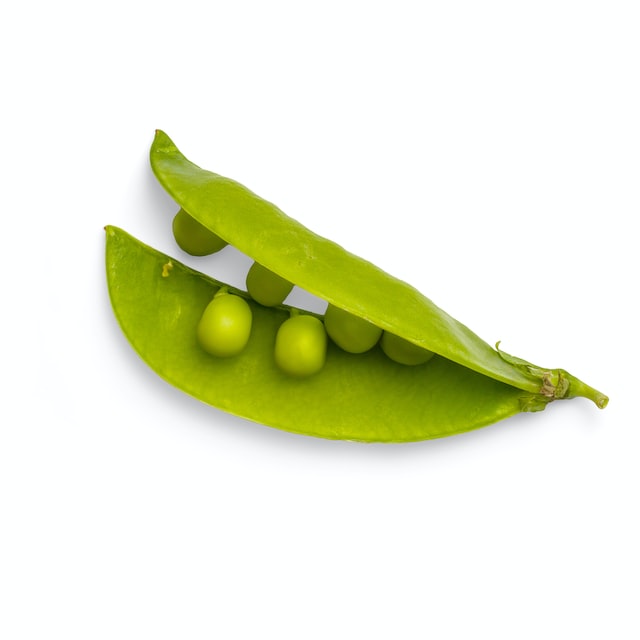
Eating plenty of vegetables is important in any diet, but less than one in 10 Australians actually meet the recommended daily intake of five to six servings of vegetables. Vegetables provide plenty of good vitamins, minerals and other nutrients which help fuel your body. Some vegetables are also great for your gut health – and therefore your overall health. The food that you eat – especially when it comes to vegetables – can greatly affect the bacteria inside your gut. Vegetables that are high in fibre, contain prebiotics, are high in polyphenols or are prepared fermented are all great for your gut.
Here are some of the best examples of vegetables you should be adding to your diet – or eating more of – to maintain a healthy gut.
Garlic
Garlic is one of the best foods for your gut, given its antibacterial and antifungal properties. That means it can help keep bad bacteria in your gut under control, while it also contains prebiotics which feed the good bacteria. Eating too much garlic can cause bloating and stomach pain, but you can safely add a clove or two to a whole range of recipes to help support your gut health.
Onion
Similar to garlic, onions are full of fibre and prebiotics which help boost digestive health by supporting good bacteria. They also contain antioxidants and other compounds that can help fight inflammation, reduce cholesterol levels and decrease triglycerides. Onions can be added to plenty of recipes or even enjoyed roasted on their own.
Peas
Peas are a great source of plant-based protein and are rich in fibre, which fuels the gut’s good bacteria and supports digestive health. They are primarily made up of soluble fibre, which can alleviate constipation. Eating high amounts of fibre is linked with reduced risk of obesity, type 2 diabetes, heart disease and cancer. Peas make a great side dish, but can also be added to meals like soups or rice dishes.
Brussel sprouts
Brussel sprouts are another vegetable that are high in fibre, which fuels the gut and can assist the digestive system by supporting regularity. They are also high in antioxidants, which promote overall health and help to prevent cell damage. Other potential health benefits of Brussel sprouts include reduced inflammation, reduced risk of diabetes and reduced risk of osteoporosis.
Sauerkraut
Sauerkraut is not vegetable – but it is made of a vegetable, being finely-chopped cabbage that has been fermented. Not only is sauerkraut delicious, but the German dish is also a top source of probiotics, fibre and vitamins – which are all things that your gut will love.
A path to better health
While often overlooked, gut health is central to one’s overall health and getting your gut in a better place could deliver significant benefits.
Melbourne-based naturopath Luke Clarke is an expert when it comes to helping patients achieve better gut health, with decades of experience, scientific knowledge and wisdom.
Get in touch with Luke Clarke today to arrange a free 10-minute consultation and set yourself on the path to better health by calling 03 8820 0010.